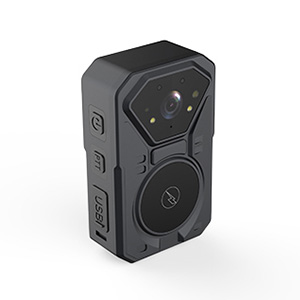
# Police Body Cameras: Enhancing Transparency and Accountability in Law Enforcement
## The Rise of Police Body Cameras
Keyword: police body cameras
In recent years, police body cameras have become an increasingly common tool in law enforcement agencies across the globe. These small, wearable devices are typically attached to an officer’s uniform and record both audio and video during interactions with the public. The implementation of body-worn cameras represents a significant shift in policing practices, aiming to increase transparency and accountability in law enforcement operations.
## Benefits of Body-Worn Cameras
### 1. Increased Transparency
One of the primary advantages of police body cameras is their ability to provide an objective record of police-public interactions. This footage can serve as crucial evidence in investigations, helping to clarify what actually occurred during potentially contentious encounters.
### 2. Improved Officer Accountability
The presence of body cameras has been shown to encourage officers to adhere more strictly to protocols and procedures. Knowing their actions are being recorded often leads to more professional behavior from law enforcement personnel.
### 3. Enhanced Public Trust
When communities see that police departments are implementing measures to ensure accountability, it can help rebuild trust between law enforcement and the communities they serve. Body camera footage can also help exonerate officers who have acted appropriately in difficult situations.
### 4. Better Evidence Collection
Video evidence from body cameras can be invaluable in criminal investigations and court proceedings. The footage often provides clearer details than witness testimony alone, which can be affected by memory limitations or personal biases.
## Challenges and Considerations
While police body cameras offer numerous benefits, their implementation isn’t without challenges:
– Privacy concerns for both officers and civilians
– Data storage and management issues
– Policies regarding when cameras should be activated
– Public access to footage
– Cost of implementation and maintenance
## The Future of Police Body Cameras
As technology continues to advance, we can expect to see improvements in body camera systems. Future developments may include:
– Better battery life and storage capacity
– Integration with other law enforcement technologies
– Advanced features like facial recognition (with appropriate safeguards)
– Automated redaction tools for privacy protection
– Cloud-based storage solutions
## Conclusion
Police body cameras represent an important step forward in modern policing, offering significant benefits for both law enforcement and the communities they serve. While challenges remain in their implementation and use, these devices have the potential to significantly enhance transparency, accountability, and trust in policing when used appropriately with clear policies and safeguards in place.